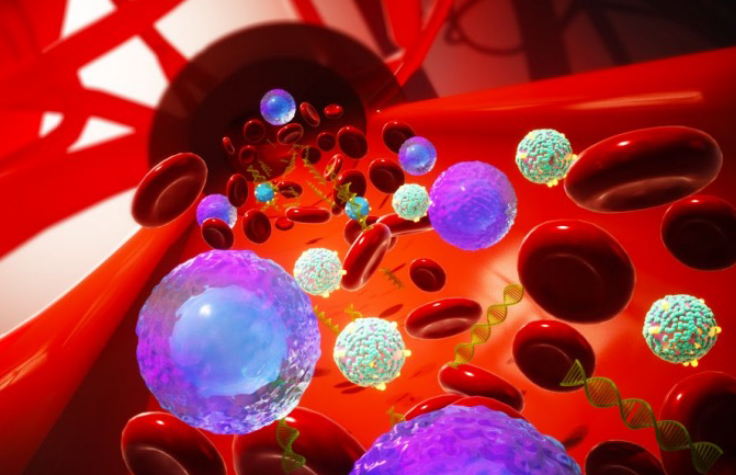
Details
Learn about the newest Illumina cell-free RNA sequencing methods
Liquid biopsy is most often associated with cell-free DNA, but new research has shown additional value in interrogating a broader diversity of analytes in the blood. Cell-free RNA (cfRNA) is one such molecule that can reflect dynamic changes in diverse tissues and has been shown to be released from cancer cells (Kopreski, et al. 2001; Perhavec, et al. 2008; Castellanos-Rizaldos, et al. 2019). These cfRNAs are potential biomarkers that can be used to identify specific cancers, detect cancer initiation, reveal tissue-of-origin, elucidate molecular mechanisms of disease, monitor therapeutic response, and more (Cheung, et al. 2019). Researchers at Illumina have optimized key variables to enable scalable, end-to-end workflow solutions for whole-transcriptome library preparations of cfRNA. Learn about best-practices for sequencing cfRNAs that can empower non-invasive interrogations of cancer and further facilitate our transition into the era of personalized medicine.
Speakers:

Robert Yamulla, PhD
Cancer Research Segment Lead
Illumina
Robert leads Illumina’s cancer research marketing strategy for North and South America. He is a cancer biologist specializing in next generation sequencing, CRISPR/Cas9, and in vitro disease modeling. Robert received his Ph.D. from Cornell University. His most recent research focused on identifying fundamental initiation mechanisms and causative factors for ovarian carcinoma. He has also developed mechanistic models of colon cancer progression as an HHMI research fellow and studied rare genetic diseases with the Clinic for Special Children in Lancaster, Pennsylvania.

Susanne Rohrback
Senior Scientist, Advanced Sciences Department
Illumina
Suzanne is a Senior Scientist in the Advanced Sciences Department at Illumina. Working on the Assay Research team, she creates bespoke bioinformatic solutions essential to the development of cutting-edge NGS technologies. Suzanne has 5 years experience characterizing the challenges and utility of cell free RNA in reproductive health, and is passionate about how the increasingly broad omics approaches being developed today will deepen our understanding of human health and disease.
Fill Out Form to Access Webinar
Your email address is never shared with third parties.
- Date & Time
- May 3, 2022
- 9:00 AM
- Topic
- Cancer research